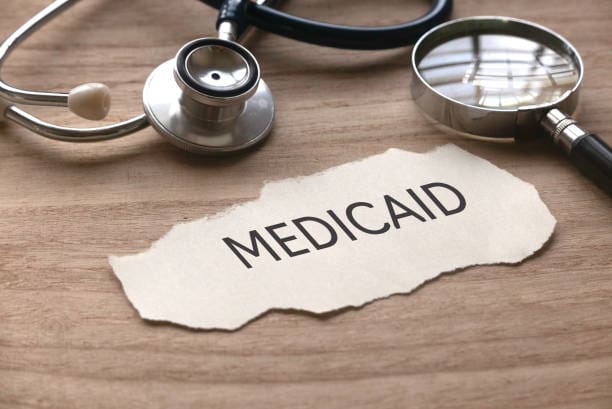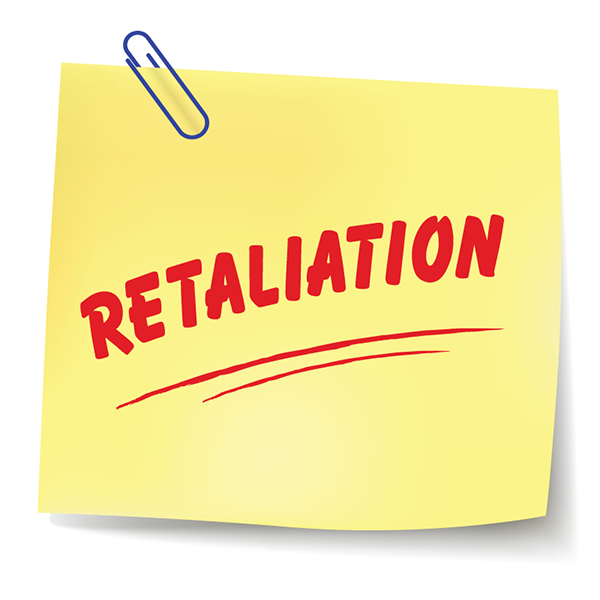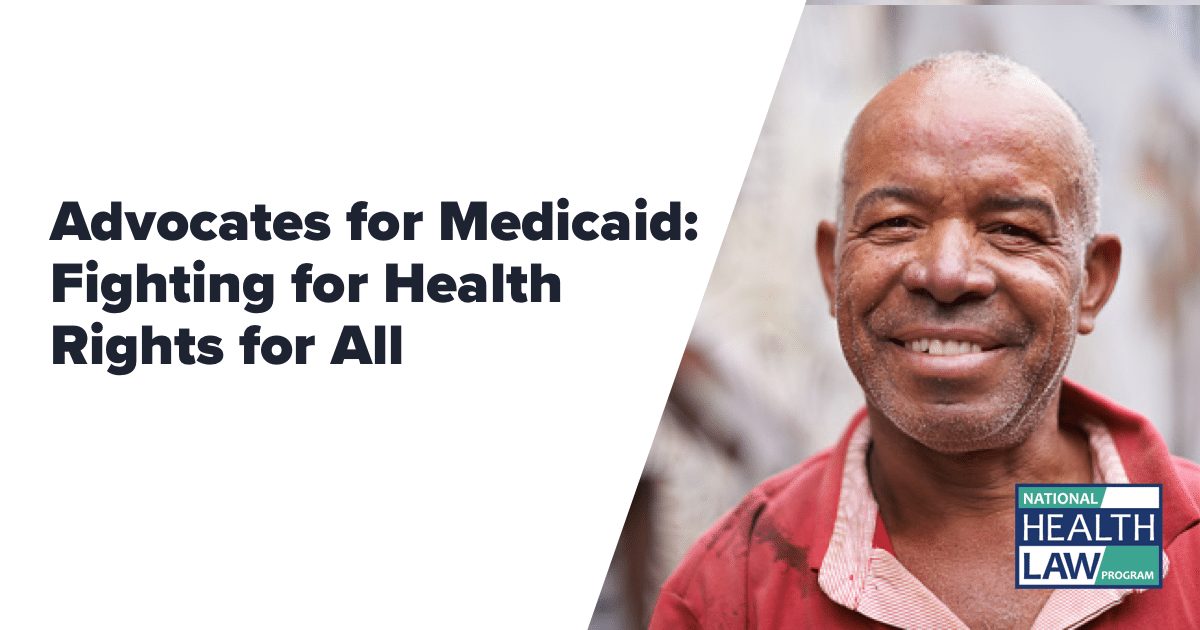Medicaid is the health care system for nearly 80 million individuals and families
Earlier in the month, Scott Bessent – now President Trump’s Treasury Secretary – avoided giving clear answers during his Senate Finance Committee hearing. He did this by avoiding questions about proposed Medicaid cuts. Bessent, along with many others in Trump’s inner circle, refused to confirm there would be no Medicaid cuts despite assurances from the President that his agenda would not reduce health programs. His evasion echoed other views expressed by those in the President’s circle, that “Medicaid isn’t health care; it is welfare.”
Nothing is more wrong or lacking in understanding the significance of Medicaid and what everyday life is like for nearly 80 million people and families without regular health care for themselves or their family members. It is difficult to imagine that Medicaid would be overlooked by those of us who dedicate our efforts to ensuring health care is not just for the wealthy and well connected. Yet, perhaps it’s not surprising that Bessent, a billionaire hedge fund manager, might fail to grasp the importance of a program that insures nearly one in five Americans.
For millions, Medicaid is far more than just a government program that can be scrapped to balance the books for billionaire tax cuts; it’s a critical health care lifeline.
Medicaid bridges the gap between health and hardship in countless families. Imagine a single mom who works two jobs just to make ends meet and relies on Medicaid to ensure that her children receive their regular checkups and vaccinations. Imagine an elderly man who lives alone and relies on Medicaid to provide him with home care so he can stay in his house instead of going to a nursing home. These stories are not rare–they are the daily reality for millions, whether or not well-heeled nominees can imagine that reality or not!
Medicaid, a nearly 60-year-old partnership between the federal government and states, plays a vital role in communities by providing care that often isn’t available elsewhere. It provides essential services that private insurance often overlooks, like long-term care and specialized care to children with disabilities. Medicaid also provides access to prenatal care and postpartum services, allowing new parents and their children a healthier start in the world. For many hardworking individuals, Medicaid is their only path to regular health care, as they work in jobs without employer-sponsored insurance and with pay below what can cover health care costs on top of housing and food for their families.
Medicaid isn’t just about health care–it’s about dignity, security, and the basic right to live without the constant fear of illness or unaffordable medical bills. It’s about children growing up healthy enough to chase their dreams and about adults being well enough to engage in their communities.
But threats to Medicaid loom large. Cuts in funding, whether through funding caps, work requirements, or block grants, would destroy the safety net which keeps families afloat. These cuts would force the states to make difficult decisions – who gets care and whom doesn’t? These are not just numbers on a sheet or figures that are thrown around at a hearing. They are choices that can mean the difference between death and life for millions of our fellow citizens across the country.
Medicaid, unlike welfare, is not a charity. It’s an investment into our collective future. We build healthier, stronger communities when we take care of our neighbors. Let’s defend Medicaid and the millions it touches. This program is too important to sacrifice in exchange for tax reductions. It’s time for it to be protected and strengthened, not torn apart. Medicaid is health insurance, after all.






